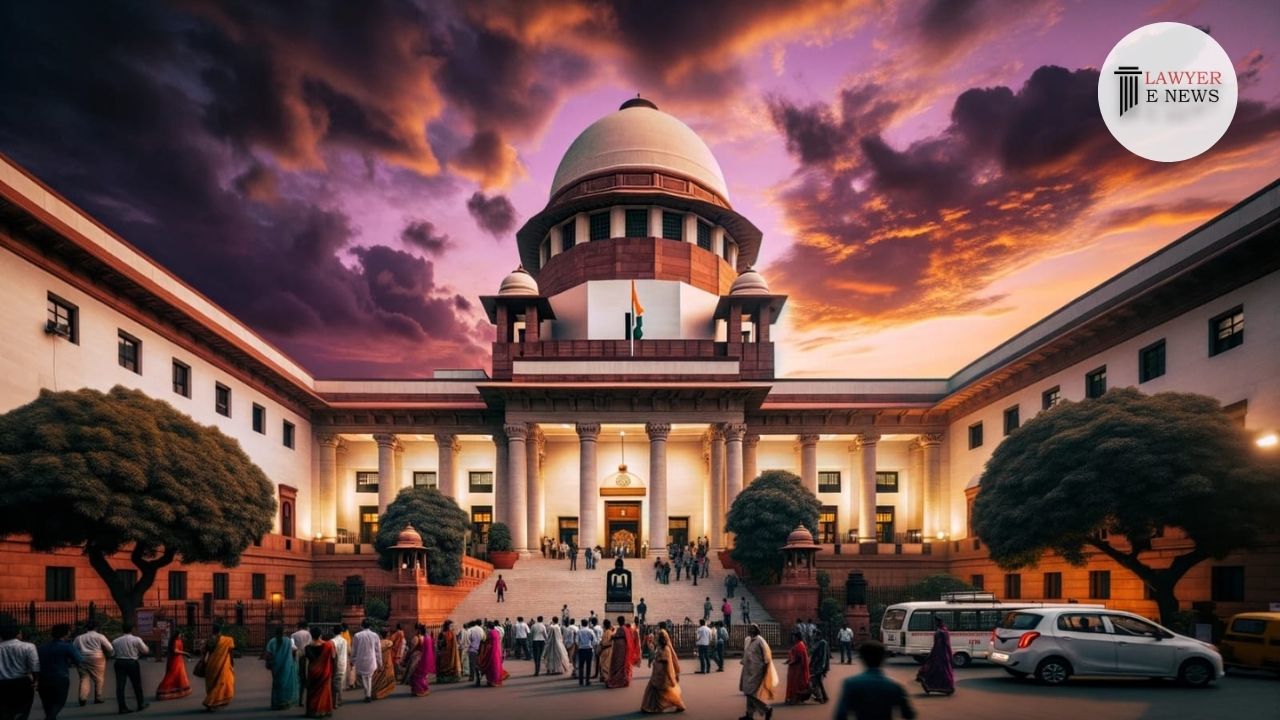-
by sayum
14 February 2026 2:22 PM



High Court’s Acquittal of Accused in Kuldeep Kaur’s Death Affirmed, Focus on Contradictory Evidence and Hostile Witnesses
The Supreme Court has upheld the acquittal of the accused in the high-profile case concerning the death of Kuldeep Kaur due to severe burn injuries. The judgment, delivered by a bench comprising Justice Mehta, emphasizes significant discrepancies in the dying declarations and the lack of corroborative evidence. The Supreme Court supported the High Court’s decision to overturn the trial court’s conviction, citing inconsistencies and the implausibility of the prosecution’s case.
The prosecution’s case was that Kuldeep Kaur, wife of Randhir Singh, suffered extensive burns allegedly caused by her husband and in-laws on August 24, 1998. The trial court had convicted Randhir Singh, his brother Baldev Singh, his mother Surjit Kaur, and his sister-in-law Karamjit Kaur, sentencing them to life imprisonment based on the dying declarations of the deceased. However, the High Court acquitted the accused, leading to the State of Punjab appealing to the Supreme Court.
The Supreme Court highlighted significant contradictions between the two dying declarations made by Kuldeep Kaur. In the first declaration, recorded by ASI Surjit Singh, the deceased accused her husband and in-laws of setting her on fire. Conversely, in the second declaration before Executive Magistrate Ramesh Kumar Jain, she vaguely mentioned “people of my house” without naming anyone specifically. The court found the latter declaration to be more reliable due to the absence of direct accusations.
Justice Mehta noted, “The discrepancy in the dying declarations casts serious doubt on their reliability. The second declaration, being more consistent with the surrounding circumstances, holds more probative value.”
The court observed that the testimonies of prosecution witnesses, including the deceased’s sister and brother, were inconsistent and appeared exaggerated. Witnesses claimed to have been present during the victim’s oral declarations at the hospital, yet they did not acknowledge the formal declarations recorded by the police and magistrate. This inconsistency weakened the prosecution’s case.
“The evidence presented by the witnesses lacks coherence and appears to have been influenced by familial bias, thereby diminishing its credibility,” the bench remarked.
The Supreme Court scrutinized the medical evidence, noting the absence of kerosene smell on the victim’s body and the improbability of burn injuries inflicted in the manner described by the prosecution. Additionally, the victim’s immediate transfer to the hospital by the accused was seen as a point favoring their innocence.
The judgment elaborated on the principles of evaluating dying declarations and the necessity for corroborative evidence. It emphasized that a dying declaration must be free from inconsistencies and should inspire full confidence. The court reiterated that an acquittal can be sustained if there are substantial grounds to question the prosecution’s narrative.
“In the present case, the discrepancies in the dying declarations, coupled with unreliable witness testimonies, create a reasonable doubt about the prosecution’s story,” the judgment stated. “The High Court’s decision to acquit the accused is justified based on the evidentiary inconsistencies.”
Justice Mehta remarked, “The manifest contradictions in the two dying declarations and the absence of reliable corroborative evidence compel us to uphold the acquittal of the accused.”
The Supreme Court’s dismissal of the appeal reinforces the judiciary’s commitment to ensuring convictions are based on consistent and credible evidence. The judgment underscores the importance of thorough scrutiny of dying declarations and witness testimonies in criminal cases. This decision will likely influence future cases, emphasizing the need for clear and corroborated evidence to sustain convictions in cases involving severe accusations.
Date of Decision - July 9, 2024
State of Punjab vs. Randhir Singh Etc.
